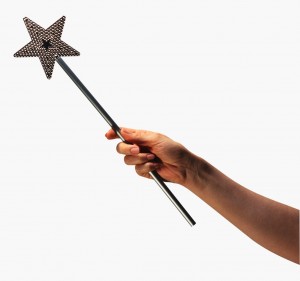I finished my horrible temp position today. I say it was horrible, but really the people were very nice. It was all the dish washing that was horrible. And the hairnets. I am thinking of learning how to tend bar just so if I am ever low on the cash, I never ever have a wear a hairnet again. On the upside, I made some friends in one of the local school districts, which in two years time when I am looking for a teaching position might come in mighty handy.
I feel jubilant that I do not have to go back tomorrow. The fear that I might not get another assignment immediately is only mildly nagging at the back of my mind. (By the way, if any one is looking for a fantastic personal assistant this summer, I am your girl!) Perhaps it is the shedding of manual labor (for now) or that my potatoes are growing like gang busters or just that it has been a year since I finished school, but I finally feel like writing again. Don’t get me wrong, I have been writing, but it was work. Now I can’t wait to get to my computer to get some words down on a bit of an essay or whatever story is in my ear today. Some days I can’t decide which project should receive highest precedence I am so excited. Right now for instance, do I work on my food essay or my zombie story? Or do I ramble like a chatterbox to my blog because I can’t settle down enough to think critically about either one? (Obviously you can see which one I chose.)
About the zombie story. . .
I have never thought that much about zombies. I mean, I watched Shaun of the Dead and 28 Days Later and a couple of Romero flicks. I understood how the idea of the zombie apocalypse was inherently frightening and exhilarating, but I have never been particularly preoccupied by them or any other monster stories. (I did read Dracula and Twilight–both as academic endeavors, one an historical perspective, one a bang my head against the desk this lady is published! brain mash–but that’s about the extent of my dabbling with monster fiction.) Then we decided to give that one zombie tv show a try. You guys, The Walking Dead is damn scary. I made it through both seasons (some nights with the unintentional help of too much wine. You know how it goes, you settle down on to the sofa with your knitting and a post-dinner glass of wine, and then dead people start eating living people and magically your glass has refilled itself and you’ve had three post-dinner glasses of wine and your knitting is completely forgotten.)
I had dreams about zombies every night for three weeks. At first they were closely related to the tv show, but eventually the became more and more individualized to me. In one of them I had one bag of food, one bag of clothes and other supplies, and one bag of yarn and fiber supplies that I lugged with me as I fled for my life. In another, on our way out of town, my posse and I stopped to raid a brand new yarn shop (opened, in the dream, by a real life friend of mine who was sadly not in my posse), which had opened just before the unfortunate onset of zombies and we hadn’t had any time to check it out yet. Being eaten alive? New yarn shop? You see the dilemma.
The latest one was Monday morning, and after I laughed at my dream, and told the fictional yarn shop owner about it so she could laugh at my dream too, I decided I needed to write about zombies. Because 21 night straight of dreaming about zombies obviously means there is some unfinished business there. Monday, I sat down and wrote about 350 words to get my story started.
I haven’t had a zombie dream since.
As I pursue my zombie story, I am going to continue my otherwise complete indifference to zombies and concentrate on writing the story. I will also continue to be amused that I am writing a story about zombies–almost out of nowhere–when I still claim my favorite novel is Jane Eyre.




